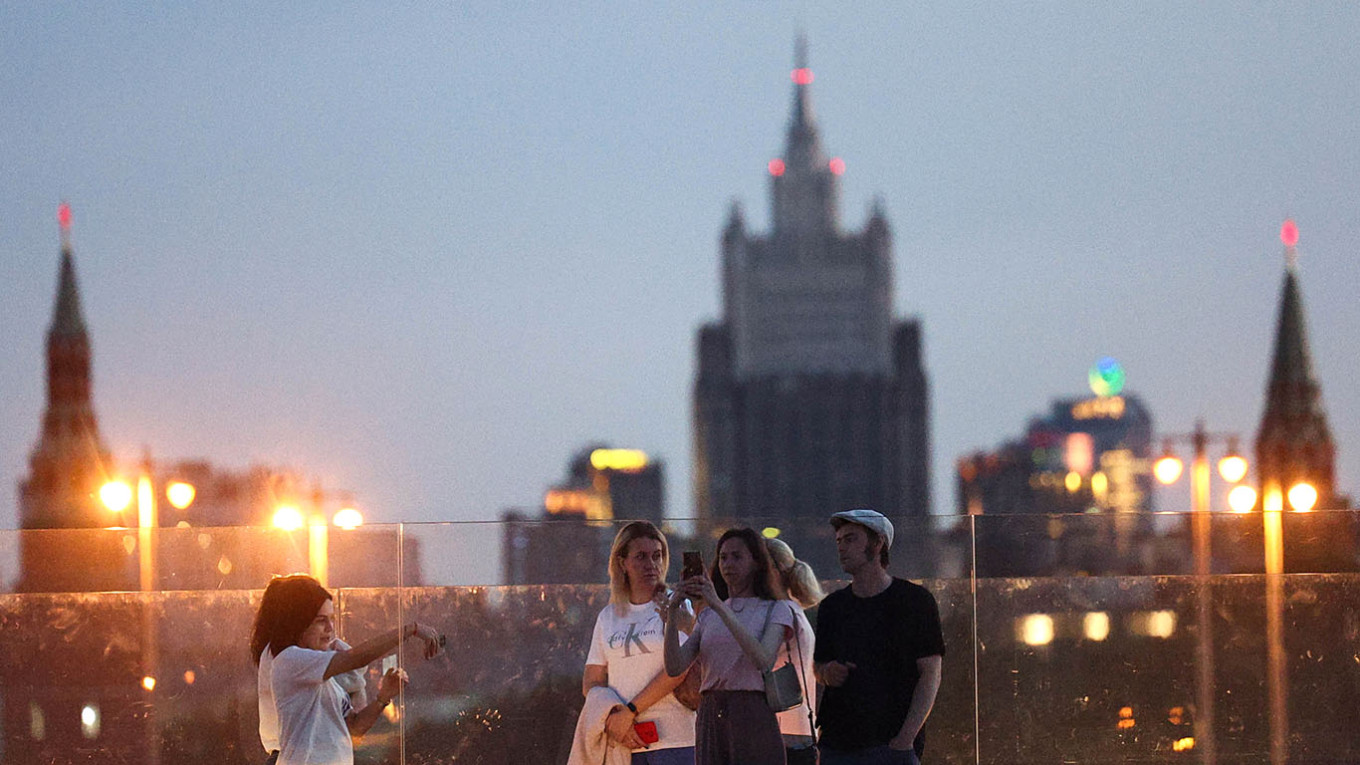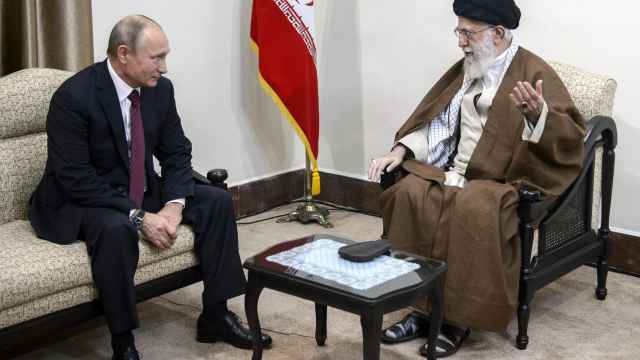Tourism from the West to Russia took a major hit after the 2022 invasion of Ukraine. Flight bans, banking restrictions and a range of logistical hurdles, as well as overall geopolitical tensions, have made travel more complicated and less appealing for many Western visitors. Even so, thousands of people from countries in Europe and North America still visit Russia each year, alongside growing numbers of tourists from Asia and the Middle East.
If you’re thinking about making the trip, The Moscow Times has put together a list of things you should know before you go.
Is it safe to go?
Whether or not it’s advisable to travel to Russia depends largely on whom you ask. Since the start of the full-scale invasion, most Western governments have strongly advised their citizens against traveling to Russia and have urged those already there to leave immediately.
The U.S. State Department, for example, cites a range of safety concerns, including “arbitrary enforcement of local laws” and “the risk of harassment or wrongful detention by Russian security officials,” in its guidance for Americans. Similar advisories have been issued by countries including Canada, Britain, France and Germany.
In contrast, countries like China, Brazil and India do not issue comparable warnings. However, even countries generally seen as Russia-friendly, such as Serbia and Hungary, advise their citizens to exercise increased caution when visiting. Their foreign ministries stop short of recommending against all travel to Russia but do caution against visiting areas deemed to pose “high security risks,” likely referring to regions near the Ukrainian border that are regularly targeted by drone attacks.
If you’re considering travel to Russia, it’s essential to first consult your own government’s travel advisories so you can make an informed decision about whether a trip is right for you. While Russia is by and large not an active warzone, parts of the country, particularly in the south and west, experience regular drone and missile strikes that have killed or injured people even far from the front lines. The overall risk in places like Moscow and St. Petersburg remains relatively low, but it is not completely absent.
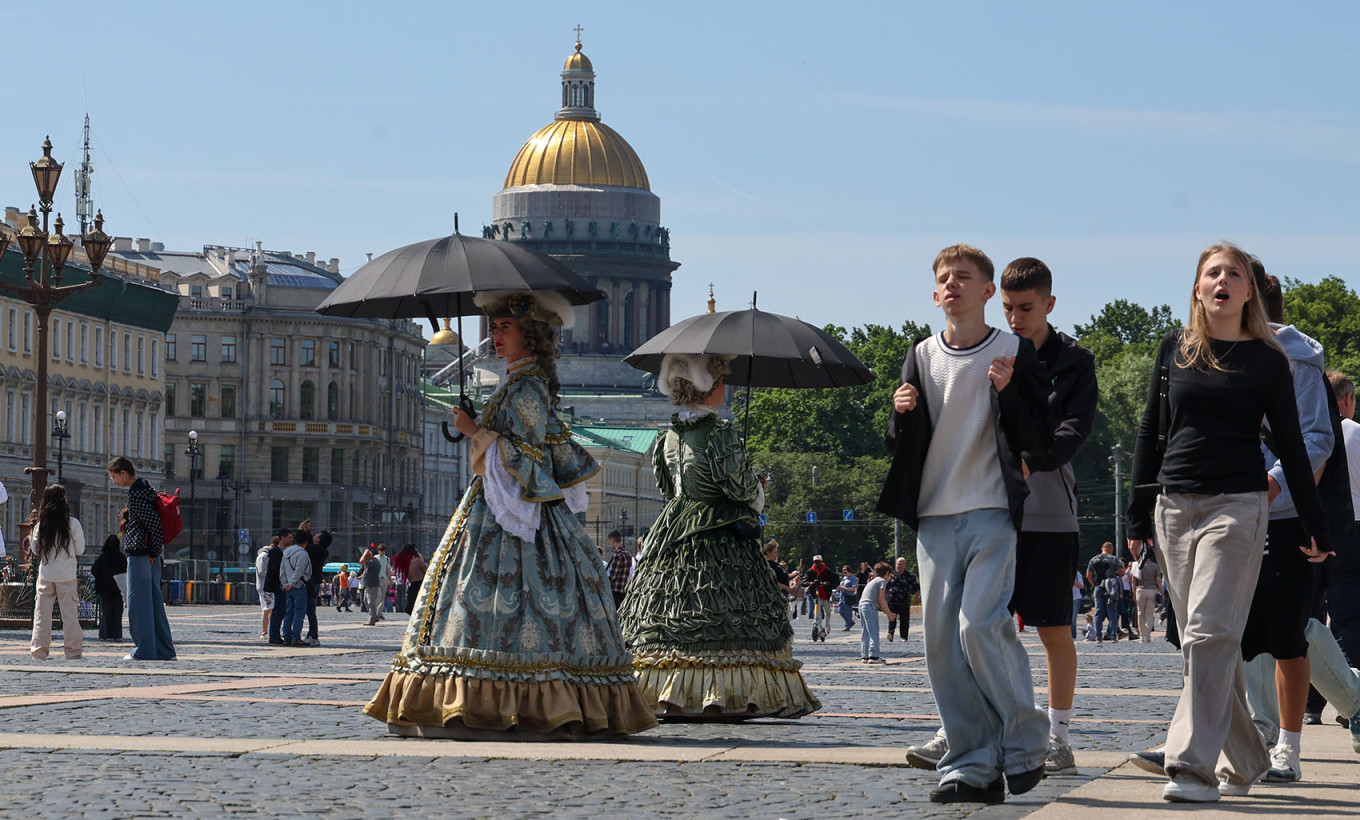
Getting a visa
Visa requirements for travel to Russia vary depending on your citizenship. The most reliable source of information is your local Russian consulate or embassy, where you can find the most up-to-date guidance on how to apply.
Citizens of some countries, including many in the European Union, are eligible for a short-term electronic visa for tourism. Others may not require a visa at all. For U.S. citizens, the application process remains largely unchanged, according to recent travelers who spoke to The Moscow Times. In some cases, wait times may even be shorter due to reduced demand for Russian visas in Western countries.
Traveling to Russia
The easiest and most commonly recommended way to travel to Russia today is by flying through countries such as Turkey or the United Arab Emirates, with onward connections to other major cities from Moscow or St. Petersburg. Due to airport closures that have been in place since early 2022, most airports in southern Russia remain inaccessible.
Traveling by land, such as taking a bus from Estonia or Lithuania to the Kaliningrad region and flying to mainland Russia from there, is possible and often cheaper. However, this option comes with additional challenges, including more extensive security screenings at the border as well as restrictions on bringing euro banknotes into Russia.
Among Moscow’s airports, Sheremetyevo is generally considered the most straightforward for international travelers compared to Domodedovo. Pulkovo Airport in St. Petersburg is also widely recommended. Travelers who spoke to The Moscow Times said security checks at Sheremetyevo and Pulkovo are usually less intensive than at Domodedovo, where longer waits and more frequent questioning have been reported. That said, security checks at Sheremetyevo can still take a few hours.
Interviews by border officers can appear random. Some travelers report being questioned nearly every time they cross the border, while others say they have never been questioned. Questions may include the purpose of your visit, your place of stay, your occupation and whether you have traveled to Ukraine.
Border officials also have the authority to request access to your mobile phone. While only a few travelers reported this happening, it is strongly advised not to carry sensitive information or any content related to Ukraine on your phone. Though you have the right to refuse access to your device, doing so could result in being denied entry into the country.
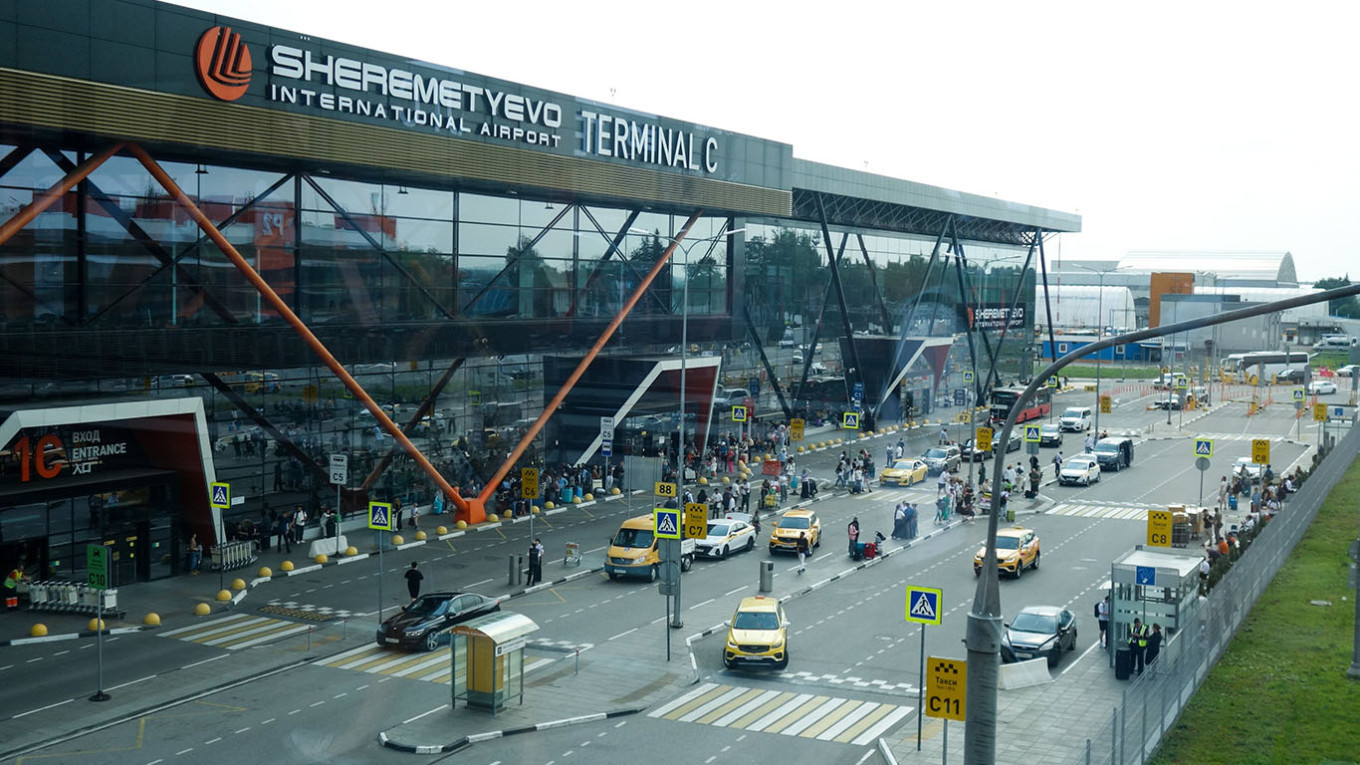
Bringing money into Russia
Since spring 2022, Visa and Mastercard bank cards issued outside of Russia no longer function within the country. Chinese UnionPay cards issued by foreign banks, meanwhile, are still accepted in Russia. For short-term stays, the simplest and most reliable way to bring money into Russia is by carrying cash.
However, travelers should be aware of several important restrictions. The European Union has banned the transportation of euro banknotes into Russia via EU borders as part of sanctions introduced after the invasion of Ukraine. This means that if you’re entering Russia from an EU country, you cannot carry euro cash across the border. That restriction does not apply if you’re entering from a non-EU country, such as Turkey or the United Arab Emirates, as Russia itself does not prohibit the import of euros. Regardless of currency, travelers are allowed to bring up to $10,000 (or equivalent) in cash without having to declare it.
For those planning a longer stay, opening a local bank account is recommended. Depositing your cash into a Russian account can make everyday transactions easier, as card and electronic payments are becoming more ubiquitous.
Exchanging foreign currency in major cities is generally straightforward, and some exchange offices offer competitive rates, travelers told The Moscow Times. However, it is crucial to bring only clean, undamaged banknotes, they said. Russian banks and exchange offices often refuse old, marked or torn bills.
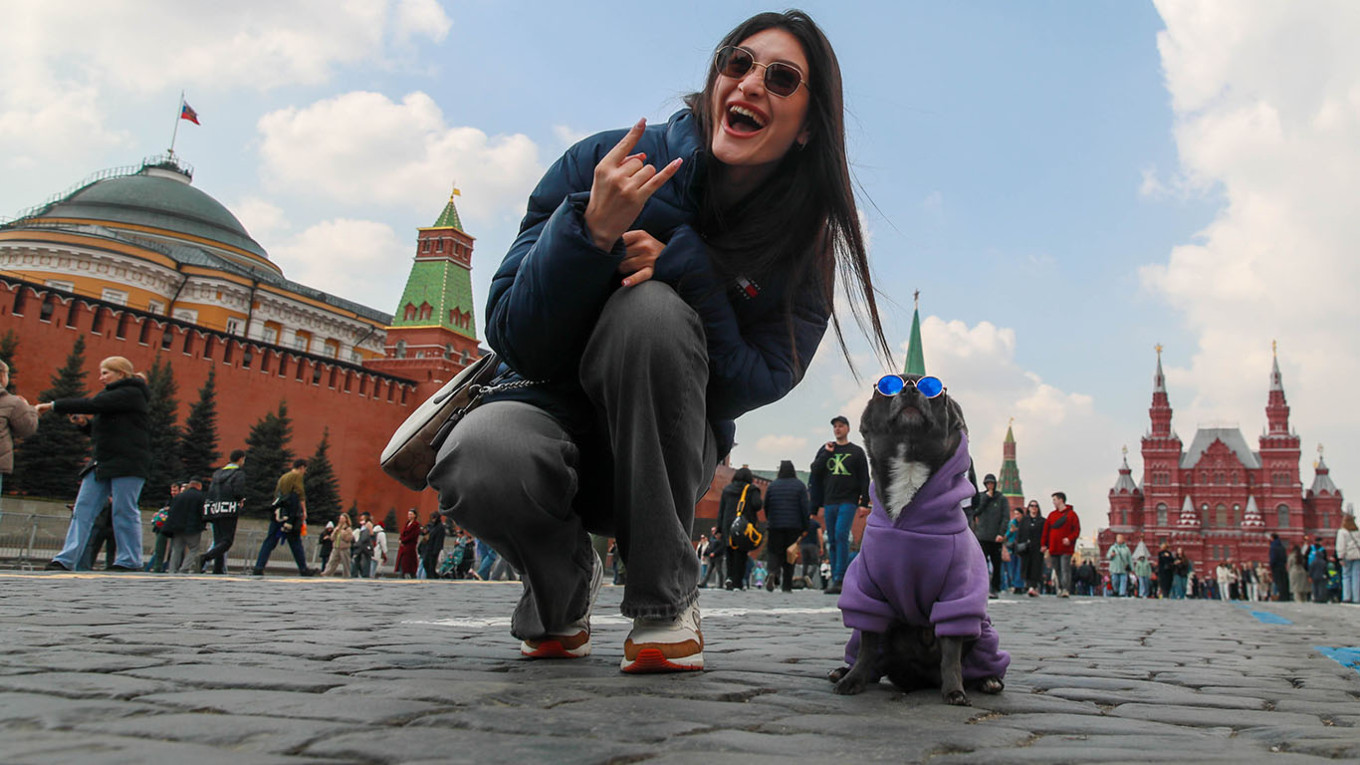
Mobile phone service
Accessing mobile phone service in Russia has become significantly more complicated for foreign nationals. As of July 2025, new regulations require foreigners who wish to sign mobile phone contracts to register with the Unified Biometric System (UBS), a government-run database that collects biometric data.
To do so, foreign citizens must visit a Sberbank branch to submit their biometrics, which include a facial photo and a voice recording. They are also required to obtain a SNILS (the Russian equivalent of a U.S. Social Security number), register on the Gosuslugi public services portal and provide the IMEI number of their mobile device.
To apply for a SNILS, foreigners must visit a branch of the Moi Dokumenti government services office (also known as a “Multifunctional Center”). After submitting the necessary documents and biometrics, and once the SNILS is issued — a process that typically takes several days — foreigners can then visit a mobile service provider to buy a SIM card and phone plan.
This process is lengthy and impractical for short-term visitors. As an alternative, travelers can purchase eSIMs from international providers such as eSIM.sm, although it’s possible that Russian authorities may restrict some of these services in the future. Another option is to check whether your existing mobile provider offers roaming in Russia, though this is often expensive. One Italian traveler told The Moscow Times that his provider recently offered 15GB of data and limited calling in Russia for 30 euros per month.
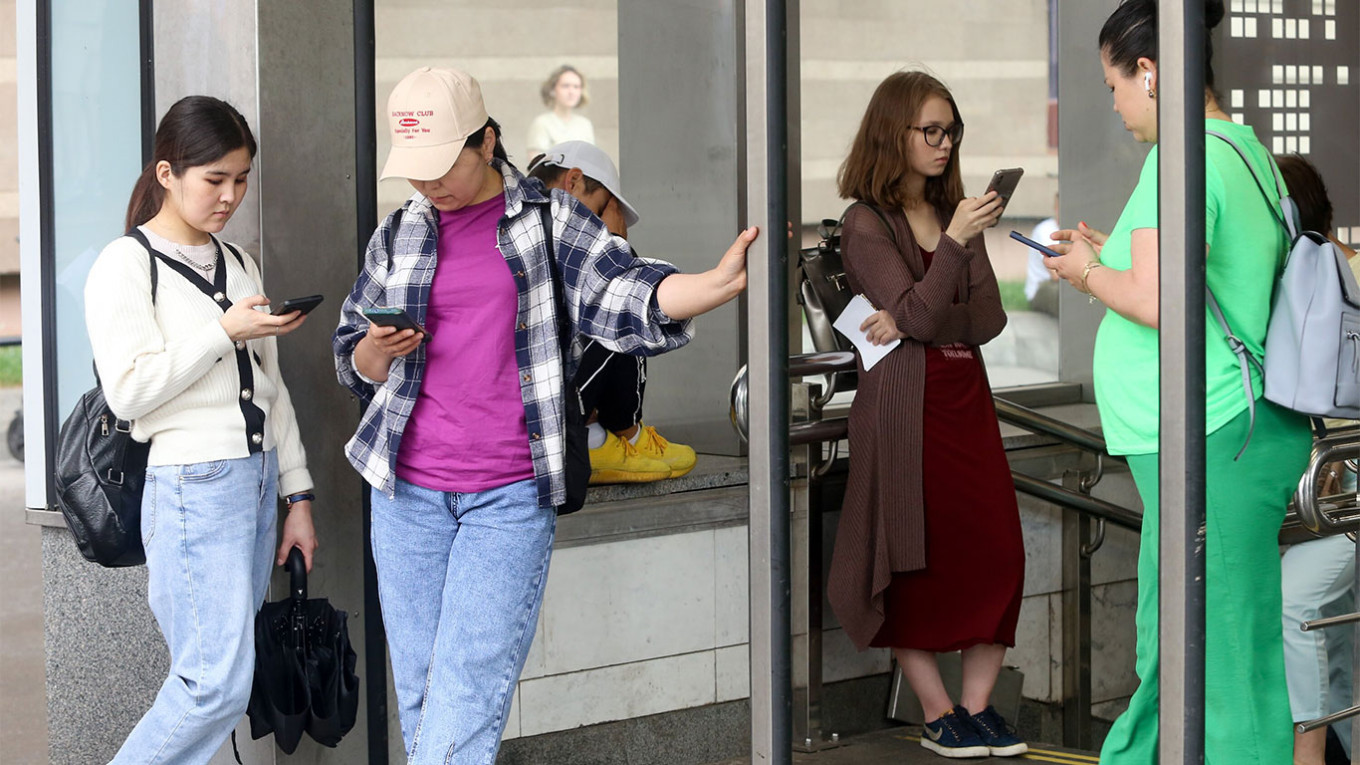
Accommodation and registration
Western platforms like Airbnb and Booking.com are no longer available in Russia. Russia has its own alternatives for short-term hotel and apartment bookings, with Ostrovok.ru and Sutochno.ru being the most widely used. Travelers can also book directly through hotels, hostels or other types of accommodations. Some hotels allow you to pay in cash on arrival.
As before, if you are staying at a hotel, the staff will handle your mandatory registration with the authorities, so no additional steps are needed. However, if you are staying at a private address for several days, you will need to register yourself at a local branch of Moi Dokumenti.
VPNs
The Russian government has blocked scores of websites and online platforms in recent years, including Instagram and Facebook, making it impossible to access them without a VPN. While many VPN services do still work in Russia, major providers have been blocked, so lesser-known VPNs can often be more reliable. However, the availability of VPNs is constantly changing, so it’s important to consult up-to-date sources online before choosing one.
Travelers are advised to download and set up their VPN before entering Russia, as access to VPN websites may also be restricted once inside the country.
A Message from The Moscow Times:
Dear readers,
We are facing unprecedented challenges. Russia's Prosecutor General's Office has designated The Moscow Times as an "undesirable" organization, criminalizing our work and putting our staff at risk of prosecution. This follows our earlier unjust labeling as a "foreign agent."
These actions are direct attempts to silence independent journalism in Russia. The authorities claim our work "discredits the decisions of the Russian leadership." We see things differently: we strive to provide accurate, unbiased reporting on Russia.
We, the journalists of The Moscow Times, refuse to be silenced. But to continue our work, we need your help.
Your support, no matter how small, makes a world of difference. If you can, please support us monthly starting from just $2. It's quick to set up, and every contribution makes a significant impact.
By supporting The Moscow Times, you're defending open, independent journalism in the face of repression. Thank you for standing with us.
Remind me later.


